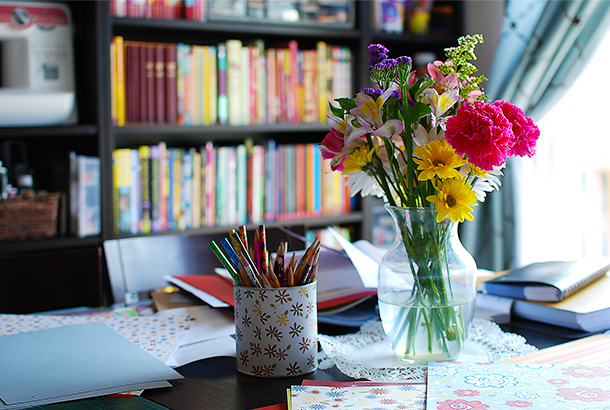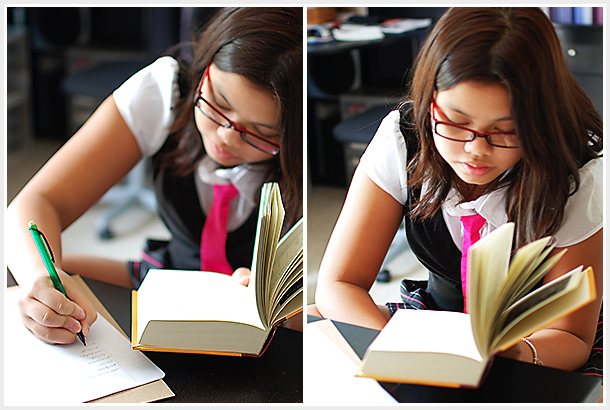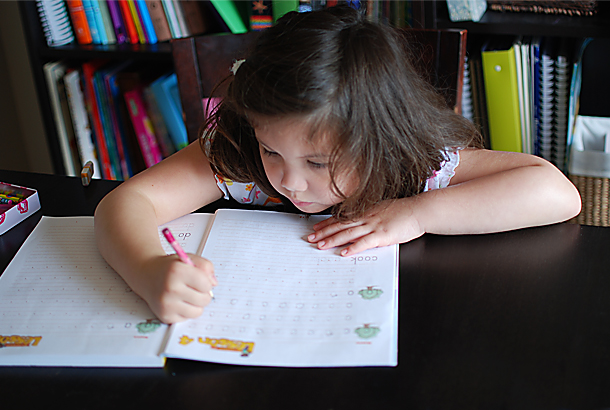“If you’re fortunate, you live near an elementary school filled with excellent teachers who are dedicated to developing your child’s skills in reading, writing, arithmetic, history, and science. These teachers have small classes – no more than ten students – and can give each student plenty of attention. The elementary school sits next to a middle school that is safe (no drugs, guns, knives). This school also has small classes; the teachers train their students in logic, critical thinking, and advanced writing. Plenty of one-on-one instruction is offered, especially in writing. And in the distance (not too far away) is a high school that will take older students through world history, the classics of literature, the techniques of advanced writing, high-level mathematics and science, debate, art history, and music appreciation (not to mention vocational and technical training, resume preparation, and job hunting skills).” – from the Well-Trained Mind by Susan Wise-Bauer and Jessie Wise
I’m not that fortunate. That’s why I homeschool.
 |
This is my second year homeschooling, with curricula (I have two) that are still based on The Well-Trained Mind. The book teaches classical education, which it defines as follows:
- It is language-intensive, not image-focused. It demands that students use and understand words, not video games.
- It is history-intensive, providing students with a comprehensive view of human endeavor from the beginning until now.
- It trains the mind to analyze and draw conclusions.
- It demands self-discipline.
- It produces literate, curious, intelligent students who have a wide range of interests and the ability to follow up on them.
The lessons I’ve put together are rigorous and structured, and best of all, they push my kids to explore their full potential. Not to say that we don’t have fun. Our school days are both bloody and hilarious. (Just to make sure I don’t get in trouble with the law – bloody is just a figure of speech.)
 |
Mica is in 7th grade. Her subjects include Language Arts, History and Geography, Algebra I (designed for 9th grade students), Chemistry, Logic, Health, Computer, Latin, Spanish, Art, and Music. (I’ll share my methods and her works as we go along.)
Mica also ice skates. She’s preparing for her first competition this November and her first ice show this December. Aside from training with a private coach every week, she practices on the ice rink 6 hours a week.
 |
Rinoa already has a solid foundation to start first grade this fall. She’s actually technically not qualified to enter kindergarten yet because of her age, but so far, she’s breezing through her first grade subjects, especially math! I’m still staying with the program I’ve put together for her because I don’t want to rush her too much. (I will also share some of her works in future posts.)
Rinoa’s extra curricular activity is dance. She takes a combination class that teaches ballet, jazz, and tap. She will be having a recital next spring.
Of course, aside from ice skating and dancing, I teach both of them piano as part of their music program.
Well, wish me luck as I’m hoping to survive this schoolyear with my sanity intact – lol!